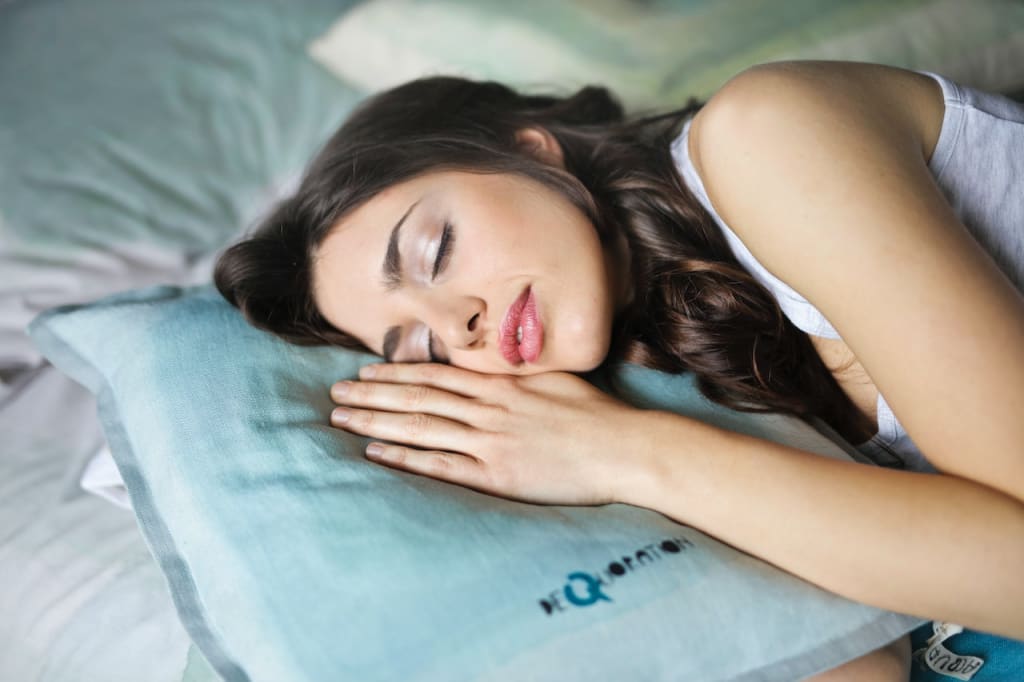why sleep is important how sleeplessness affects your health
Sleep is a fundamental physiological process that is essential for our health and wellbeing

During sleep, our bodies undergo a range of restorative processes that help to repair and rejuvenate our cells and tissues, consolidate memories, and support the proper functioning of our immune and metabolic systems. Despite the critical importance of sleep, many people struggle to get adequate rest, and this can have serious consequences for their health and quality of life.
Why is Sleep Important?
Sleep is important for a variety of reasons, including:
Physical health: During sleep, our bodies produce growth hormones that help to repair and restore our tissues, bones, and muscles. Sleep also helps to regulate our metabolism and immune system, and has been linked to a lower risk of chronic diseases such as diabetes, heart disease, and obesity.
Mental health: Sleep is important for our mental health, and has been linked to a lower risk of depression, anxiety, and other mental health conditions. During sleep, our brains process and consolidate memories, and also flush out toxins and waste products that can accumulate during waking hours.
Cognitive performance: Sleep is critical for optimal cognitive performance, including memory, attention, and decision-making. Lack of sleep can impair these functions, and can also lead to slower reaction times, reduced productivity, and increased errors.
Why Do People Struggle to Sleep?
There are many factors that can contribute to poor sleep, including:
Stress and anxiety: Stress and anxiety can make it difficult to fall asleep or stay asleep, as the body's stress response can interfere with the natural sleep cycle.
Poor sleep habits: Poor sleep habits, such as irregular sleep schedules, exposure to screens and electronic devices before bed, and consumption of caffeine or alcohol, can disrupt the natural sleep cycle and make it harder to fall asleep.
Medical conditions: Certain medical conditions, such as sleep apnea, restless leg syndrome, and chronic pain, can interfere with sleep and make it harder to get adequate rest.
Environmental factors: Environmental factors, such as noise, light, and temperature, can also impact sleep quality, making it harder to fall asleep or stay asleep.
What Happens When We Don't Sleep Properly?
When we don't get enough sleep, it can have a range of negative consequences for our health and wellbeing, including:
Increased risk of accidents: Lack of sleep can impair cognitive function, reaction times, and decision-making, increasing the risk of accidents and injuries.
Impaired immune function: Sleep is critical for proper immune function, and lack of sleep can weaken the immune system, making us more susceptible to infections and illness.
Reduced cognitive performance: Lack of sleep can impair memory, attention, and other cognitive functions, reducing productivity and performance.
Increased risk of chronic disease: Chronic sleep deprivation has been linked to a higher risk of chronic diseases such as diabetes, heart disease, and obesity.
Tips for Effective Good Night Sleep
There are many strategies that can help to improve sleep quality, including:
Establish a consistent sleep schedule: Try to go to bed and wake up at the same time each day, even on weekends. This can help to regulate the body's natural sleep cycle.
Create a sleep-conducive environment: Make sure your bedroom is quiet, dark, and cool, and consider using a comfortable mattress and pillows.
Limit exposure to screens and electronic devices: The blue light emitted by screens can interfere with the natural sleep cycle, so it's a good idea to limit exposure to screens and electronic devices in the hours leading up to bedtime.
Avoid caffeine and alcohol: Caffeine and alcohol can interfere with sleep quality, so it's best to avoid them in the hours leading up to bedtime.
Practice relaxation techniques: Techniques such as deep breathing
About the Creator
Emmanuel Andrew
"I am a blogger and researcher who loves to write content about adventurous experiences and knowledge to share with readers. With a passion for writing and a love of travel, I seek out fascinating new perspectives."






Comments
There are no comments for this story
Be the first to respond and start the conversation.